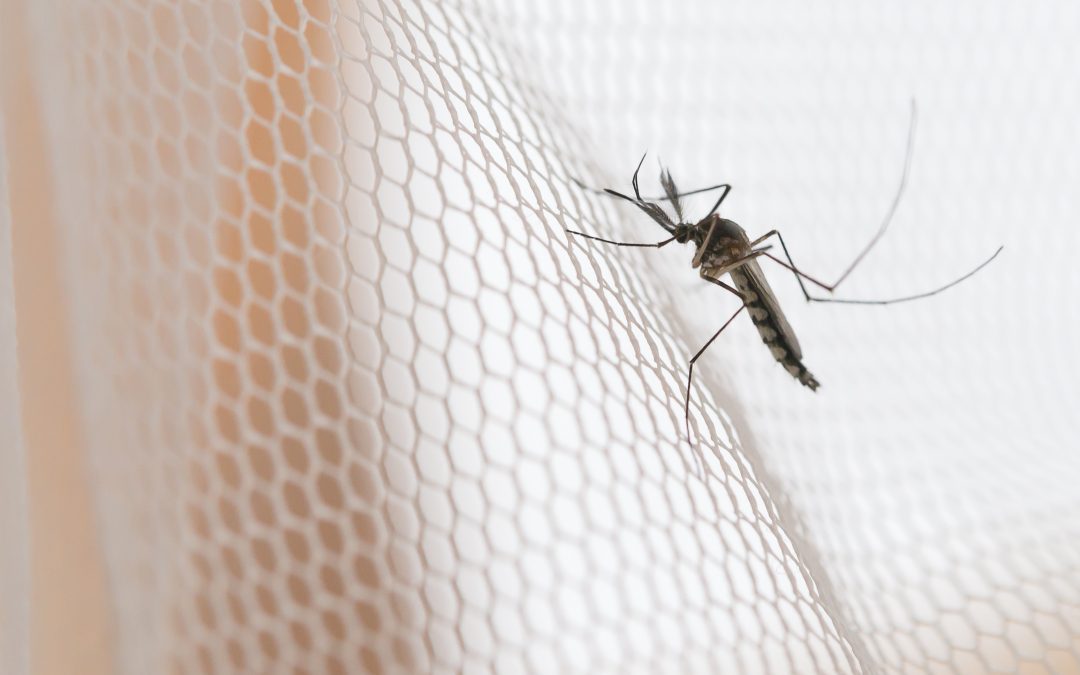As the world marks World Malaria Day, the global COVID-19 pandemic that is gripping the world has bought to our attention the health and economic impacts of major infectious diseases, which affect hundreds of millions of people every year. In 2018, there were 228 million cases of malaria worldwide, causing 405,000 deaths.
The speed at which COVID-19 has spread, its path of disruption and devastation rippling across continents should open our eyes to a much bigger problem – we are not at all prepared for such outbreaks. We are no more ready today than yesterday to tackle diseases like malaria, tuberculosis and other so-called poverty-related and neglected diseases (PRNDs) that we’ve known for many decades, yet continue to affect millions of lives to this day. In sub-Saharan Africa, and my country, Congo-Brazzaville, malaria is the number one cause of death in children under five years old.
The development cycle of the malaria parasite was identified back in 1880, and our scientific understanding of this parasite has improved considerably since the start of my career at the Institut Pasteur in Paris. Yet, to date, no vaccine exists and there are still no suitable treatments for pregnant women and children. Alongside a lack of tools, we are seeing resistance to artemisinin, the molecule on which current treatments are based. We need new therapeutic approaches as well as precise diagnostic tests, especially for non-specific symptoms such as fever – to limit the use of antimicrobials without testing and thus exacerbating resistance.
The solution for malaria and other epidemics will be born out of collective action. We need to rapidly mobilise substantial and long-term investments in research and innovation partnerships for such infectious diseases. Fighting diseases like malaria, chikungunya, dengue, or leprosy require closer cooperation between Europe and Africa, two continents that I know well, and are very dear to me. We need to pool resources, experience, and expertise to put an end to these diseases that affect the most vulnerable among us and put everybody at risk. The Ebola and COVID-19 outbreaks clearly show that the global health security of both continents is interdependent. We cannot build walls against viruses, so we need to build bridges between researchers, clinicians, and innovators.
The good news is such collaborations exist. The European and Developing Countries Clinical Trials Partnership (EDCTP) that brings together European and sub-Saharan African countries is a perfect example. Since 2014, the EDCTP has financed more than 270 projects, including 84 clinical trials, and boosted local capacity building and the creation of scientific networks. Several life-saving innovations were developed, such as a new combination of drugs to treat children with HIV, and many more promising candidates are underway. Malaria research has benefited a great deal from EDCTP support, with more than 118 million euros in grants since 2014.
The EU is one of the top global contributors to the fight against neglected infectious diseases and one of the few actors that can build the critical mass necessary to tackle such a global challenge. The EU must, therefore, continue to drive support for research and innovation in these fields and support an ambitious successor to the EDCTP, a large-scale well-resourced EU-Africa partnership for global health. The time to act is now. Because in the world of health, every minute counts and every life is precious.

Professor Francine Ntoumi is a Congolese parasitologist specialising in malaria.

